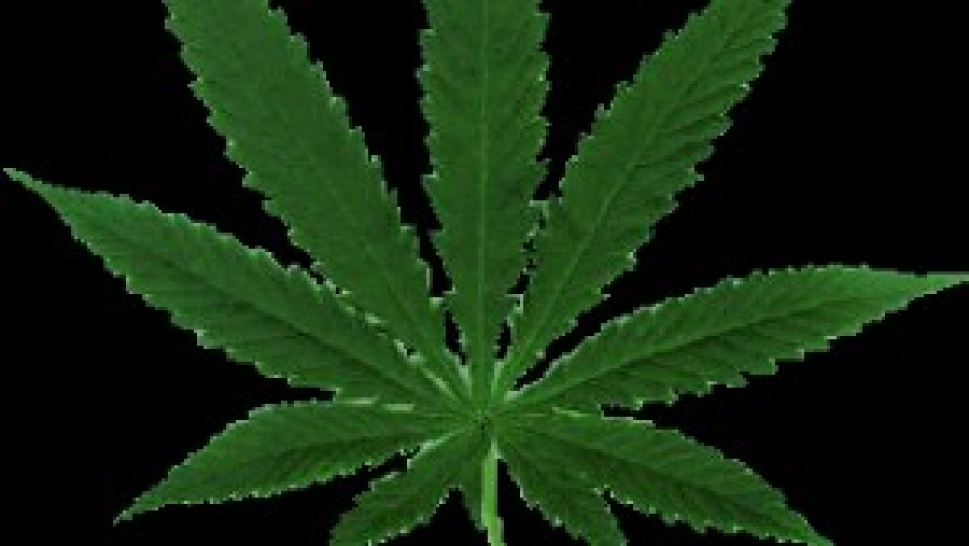The states of Colorado and Washington became the first two states to legalize recreational use of marijuana. More than a third of states have approved the cannabis plant for medicinal purposes. Medicinal marijuana is what is prescribed to combat nausea, stimulate appetite and to fight chronic pain.
Marijuana is listed under The Drug Enforcement Administration under the category of controlled substances, meaning it has a high potential for abuse, has no currently accepted medical purpose in the United States and is not deemed safe for use.
The DEA's has made it difficult for scientists to push forward national clinical trials on the drug. In 2009, the American Medical Association urged the government to review marijuana's classification with "the goal of facilitating the conduct of clinical research and development of cannabinoid-based medicines" to no avail. Over 6,000 studies have been done on the drug, mainly focusing on the plant's effects on the body's endocannabinoid system. The endocannabinoid system acts like a bridge between mind and body. Our bodies make natural cannabinoids, or active chemicals that cause drug-like effects through the body. Marijuana has the same effect as these chemicals through the main psychoactive ingredient in marijuana -- delta-9-tetrahydrocannabinol, or THC.
A series of trials published by the University of California Center for Medicinal Cannabis Research in May showed cannabis can help patients suffering from neuropathic pain, commonly caused by degenerative diseases like multiple sclerosis or fibromyalgia. Neuropathic pain is also a common side effect of chemotherapy and radiation. The trials showed that there was 34 to 40% decrease in pain compared to the 17 to 20% decrease seen from patients on a placebo drug. Another study has also shown a lower prevalence of Type II diabetes in marijuana users. The hypothesis being that cannabis lowers the risk for diabetes due to its immunomodulatory and anti-inflammatory properties.
On the negative side, New Zealand researchers found that teens who smoked pot heavily which is at least four days a week lost an average of eight IQ points between the ages of 13 and 38. Adults who had smoked as teens tended to show more pronounced deficits in memory, concentration, and overall brainpower in relation to their peers. People with a family history of mental illness are also at a greater risk for seeing the drug's mind-altering effects.
Regardless of the potency or quantity taken, marijuana cannot induce a fatal overdose and is a slow drug to addiction with about only 9% of users being addicts.




Share the News